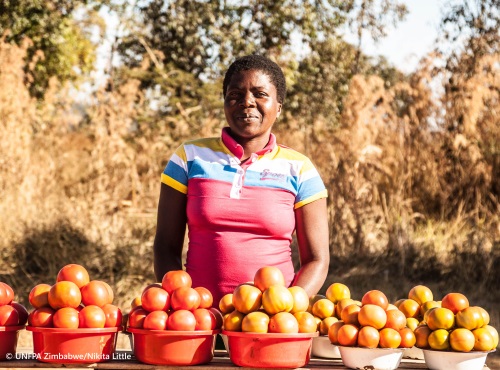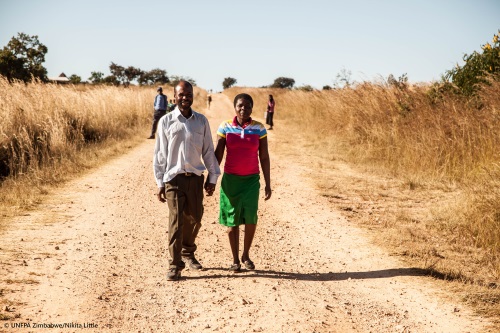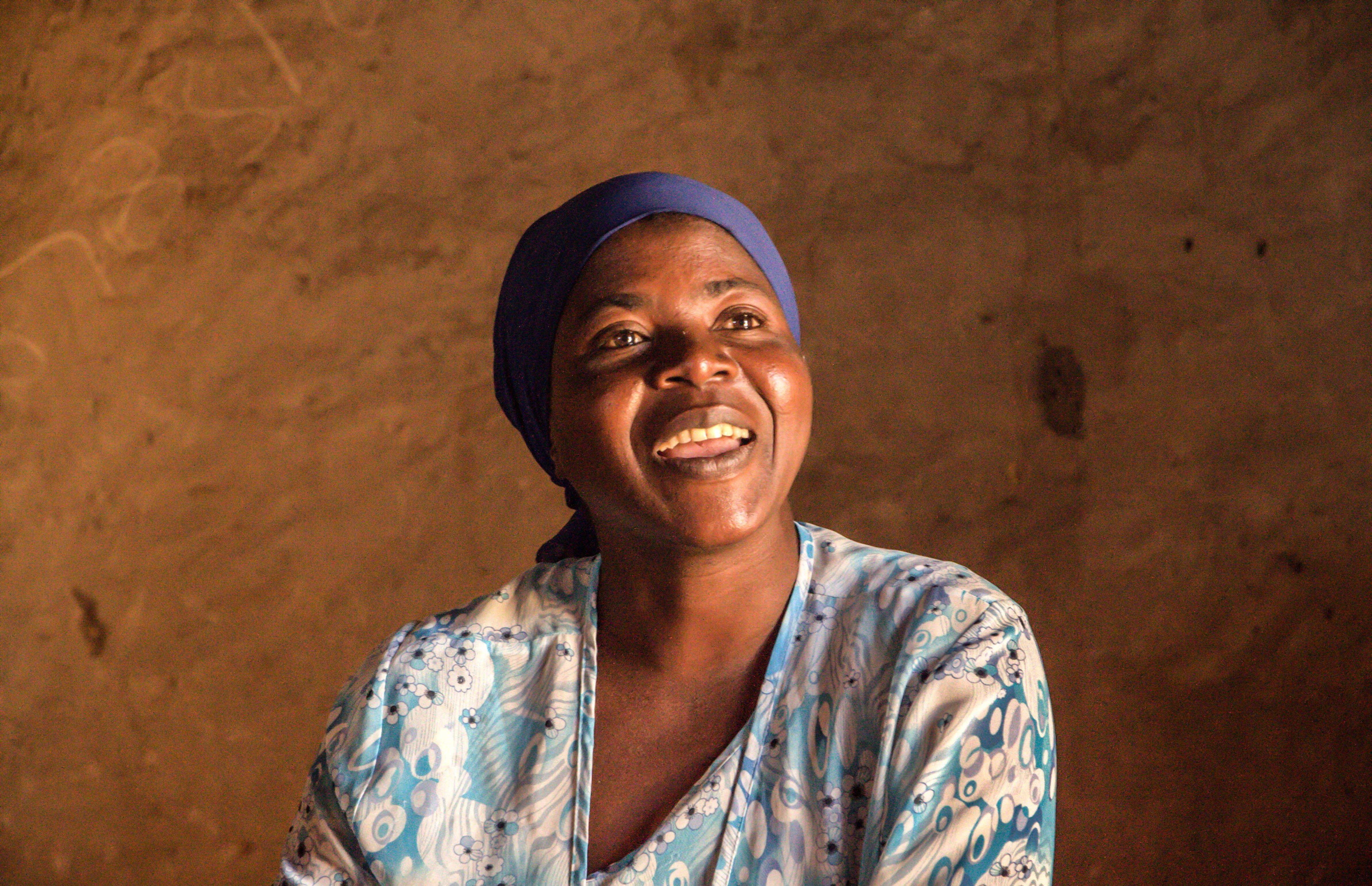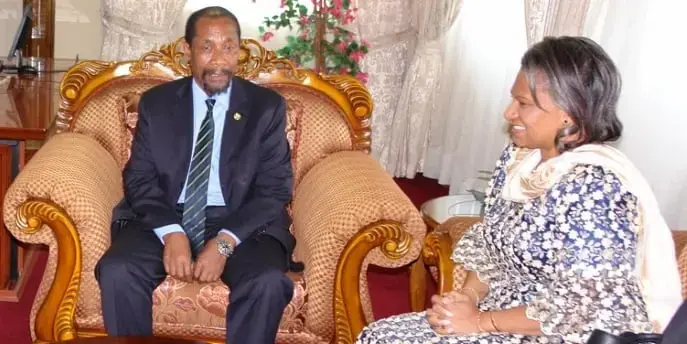HEADLANDS, Zimbabwe – A year ago, Tuwede Adams, 36, was sitting at home feeling dejected and sad. For almost 20 years she had suffered the indignity of an obstetric fistula, which developed when she gave birth at home at the tender age of 16 in 1996.
The fistula appeared shortly after her delivery and left her incontinent. She lost her social life as a result, and was ostracised by her community in Headlands in Zimbabwe’s Manicaland province.
“This illness troubled me a lot for so many years. I was ashamed because of my condition,” said Adams. “I could not go for community meetings where others were, and I could not go to church, even to attend someone’s funeral. My life was just about staying indoors or at home on my own.”
Receiving life-changing surgery

Today, Adams is far happier. She was one of 145 women who, since August 2015, has received life-changing fistula reconstructive surgery, thanks to support from UNFPA Zimbabwe and its partners – the Ministry of Health and Child Care and the Women and Health Alliance International (WAHA).
Three fistula repair camps have been conducted so far at Chinhoyi Hospital, a government-run provincial hospital in Mashonaland West.
Adams was one of the first women to undergo this surgery, which she says has changed her life significantly. She is no longer an outcast in her community. She can now attend social gatherings, travel across the length and breadth of Zimbabwe to visit relatives, and now even has her own market where she sells various goods, such as tomatoes.
“After my treatment I started thinking about what I could do to sustain myself,” she said. “It was the season of ripening of mazhanje (a wild fruit), so I picked some in the forest and came to this road to sell them. From the proceeds of the sale, I bought a gallon of tomatoes that I am now selling at the market and on the roadside. The last time I made profit, I managed to buy laundry soap and cooking oil for my family.”
Seeking help for fistula
Before the surgery, Adams and her husband had tried everything they could think of to heal her fistula.
“I had gone to hospital to seek help, and I had gone to some church prophets and traditional healers to try and get help, but everything failed,” said Adams.
I encourage men to stay with their wives and to be as supportive as possible to get treatment when they have this condition. – Roddrick Adams, Tuwede’s husband

Her husband, Roddrick, said his wife’s treatment opened his eyes to the importance of seeking medical care. “It was a lesson for me that if you are ill you shouldn’t rush to n’angas (traditional healers) or church prophets because some conditions require medical attention,” he said.
“I encourage other women with similar conditions to go to hospital instead of staying at home and thinking you will get help elsewhere. I encourage men to stay with their wives and to be as supportive as possible to get treatment when they have this condition.”
With over 500 women currently on the camp’s waiting list for free repair surgery, UNFPA Country Representative Cheikh Tidiane Cisse said that UNFPA is committed to supporting the Ministry of Health and Child Care to address the problem of fistula in Zimbabwe. “We will continue mobilizing for support for the Campaign to End Fistula so that we can restore the dignity of women who have fistula and to prevent such birth injuries,” he said.
Adams now looks to the future with renewed energy. She hopes to one day go into poultry rearing or become a small-scale subsistence farmer, selling her produce at wholesale prices in the capital city, Harare.
“I lost so much time over the years; I need to catch up,” she said with a smile.
By Bertha Shoko and Victoria Walshe




